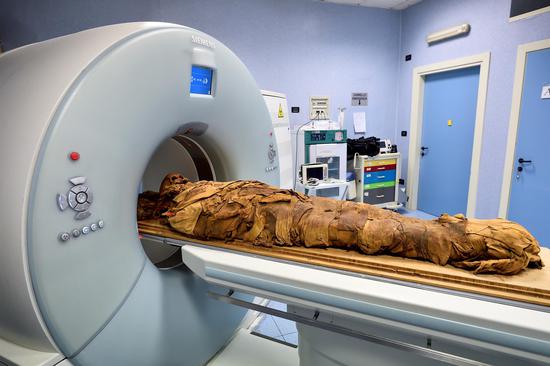The Delta variant infection cases in the United States have increased rapidly recently, accounting for one fifth of the newly diagnosed COVID-19 cases, according to the U.S. Centers for Disease Control and Prevention (CDC).
The proportion of the Delta variant infections for the two-week period ending June 19 was predicted to increase to 20.6 percent nationally and be higher in some regions, according to a report updated by the CDC on Friday.
The proportion of Delta variant infections was only 2.8 percent in the two-week frame ending May 22, and increased to 9.5 percent in the two-week frame ending June 5, CDC data showed.
The variant, which first emerged in India, has quickly swept across the globe. It has been reported in 77 countries and has become the main variant in COVID-19 cases in the United Kingdom, according to the CDC.
On June 15, the Delta variant was classified by the CDC as a variant of concern (VOC) as it spreads from person to person more easily than other variants and may cause more severe disease. So far six variants have been classified as VOC in the United States.
White House chief medical advisor Anthony Fauci said earlier this week the Delta variant would be the dominant variant in the United States in weeks.
A recent CDC study found that the circulation of SARS-CoV-2 variants in the United States changed rapidly from December 2020 to May 2021, demonstrating how quickly a new variant can emerge, spread, and become the dominant strain.
Calling the Delta variant "hyper" transmissible, CDC Director Rochelle Walensky repeatedly urged Americans to get vaccinated as soon as possible.
Recent studies have shown that the vaccines available in the United States are effective against variants currently circulating, including the Delta variant.
"Vaccines interrupt the ability of the virus that causes COVID-19 to move between people and mutate, so it is important for everyone to get vaccinated as soon as they're eligible," said the CDC.


















































